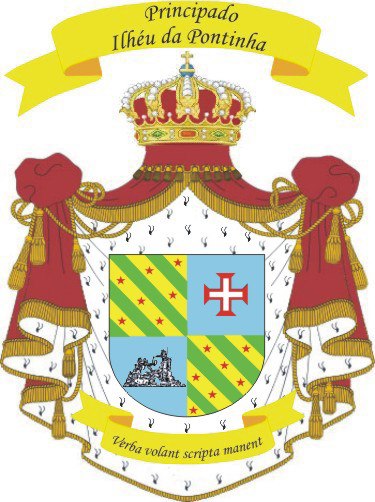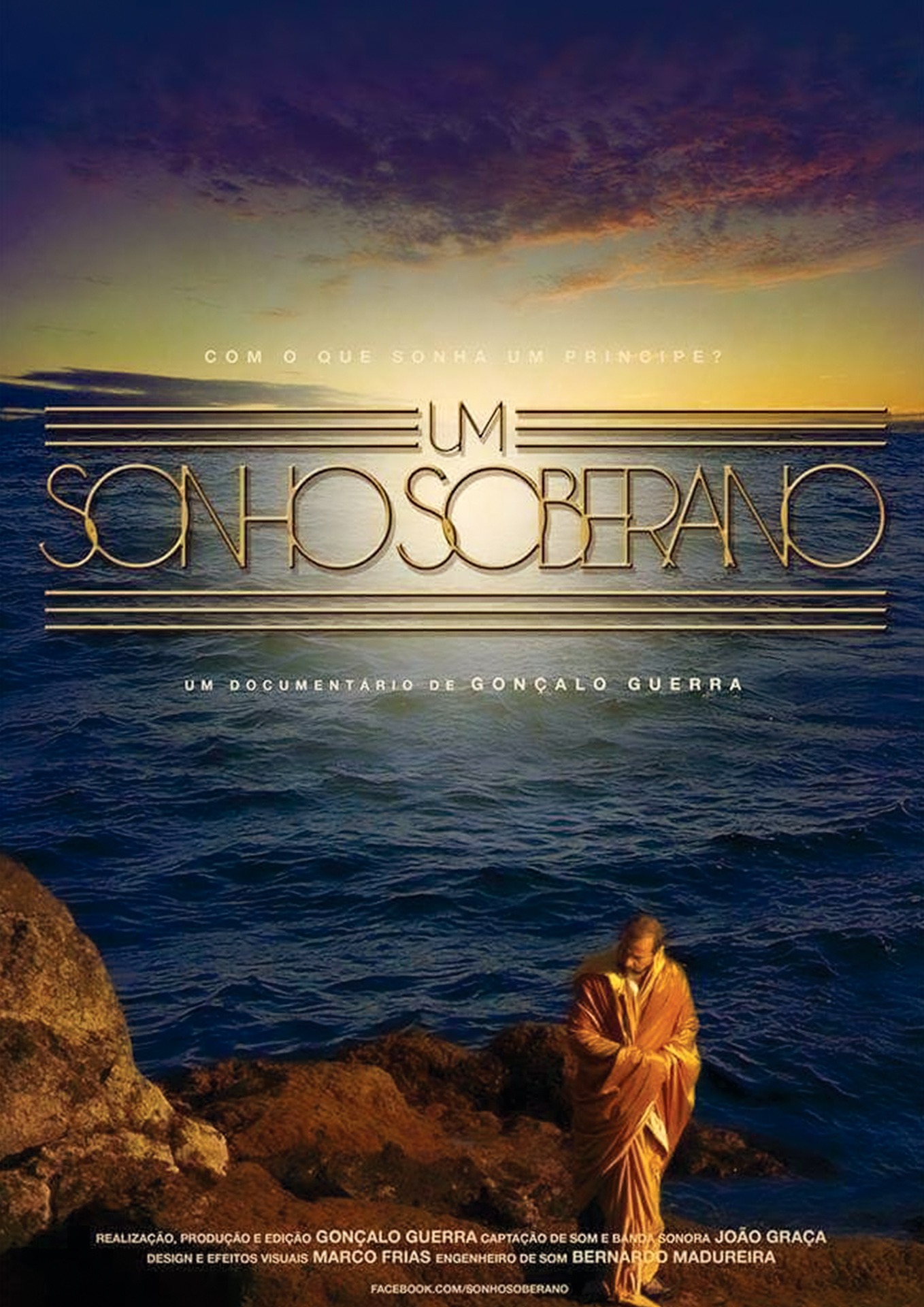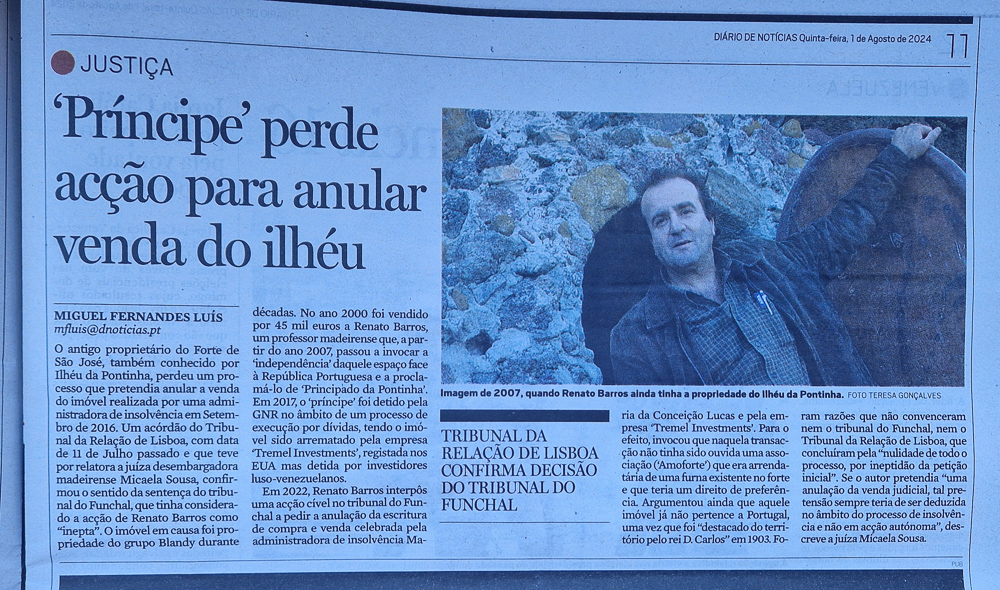
Views: 76
Portugal’s Unique Territorial History and the Case of the Principality of Pontinha
Throughout its history, Portugal conquered 78 territories, of which it sold only one islet – as recorded in the colonial sale proposals of 1890 (Arqnet – https://www.arqnet.pt/portal/portugal/liberalismo/lib1890.html ) and at the insistence of figures such as José Bento Ferreira (1900). The rest were abandoned, ceded or lost in unconventional ways – even “expelled at gunpoint”, reflecting an atypical expansion in relation to the major colonial powers.
In the case of the Principality of Pontinha (official website – https://principalitypontinha.com/ ), there is talk of savage occupation, not “dispute”. Under the Luso-Chinese Treaty of Tien-Tsin (Infopedia – https://www.infopedia.pt/artigos/$tratado-luso-chines-de-tien-tsin ) and the Treaty of 1887 (WordPress – https://condedearnosochina.wordpress.com/tratado-de-amizade-e-comercio-entre-a-china-e-portugal-1887/ ), the Portuguese authorities acted in bad faith, using judicial mechanisms to usurp sovereignty, violating principles of international law.
Despite having no natural resources, the Principality maintains its Royal Charter as a symbol of resistance. This story exposes contradictions: from the Treaty of Tordesillas to the present day, Portugal has balanced daring diplomacy with questionable practices.
In modern times, the Principality raises questions about the challenges of sovereignty and international relations. At the same time, there are those who question whether certain narratives can contribute to wider dangers, including the possible escalation of global conflicts.
With courage, we affirm: “Game On!” May this reflection guide us in our search for truth and justice.
Royal Regards,
God Bless You.






